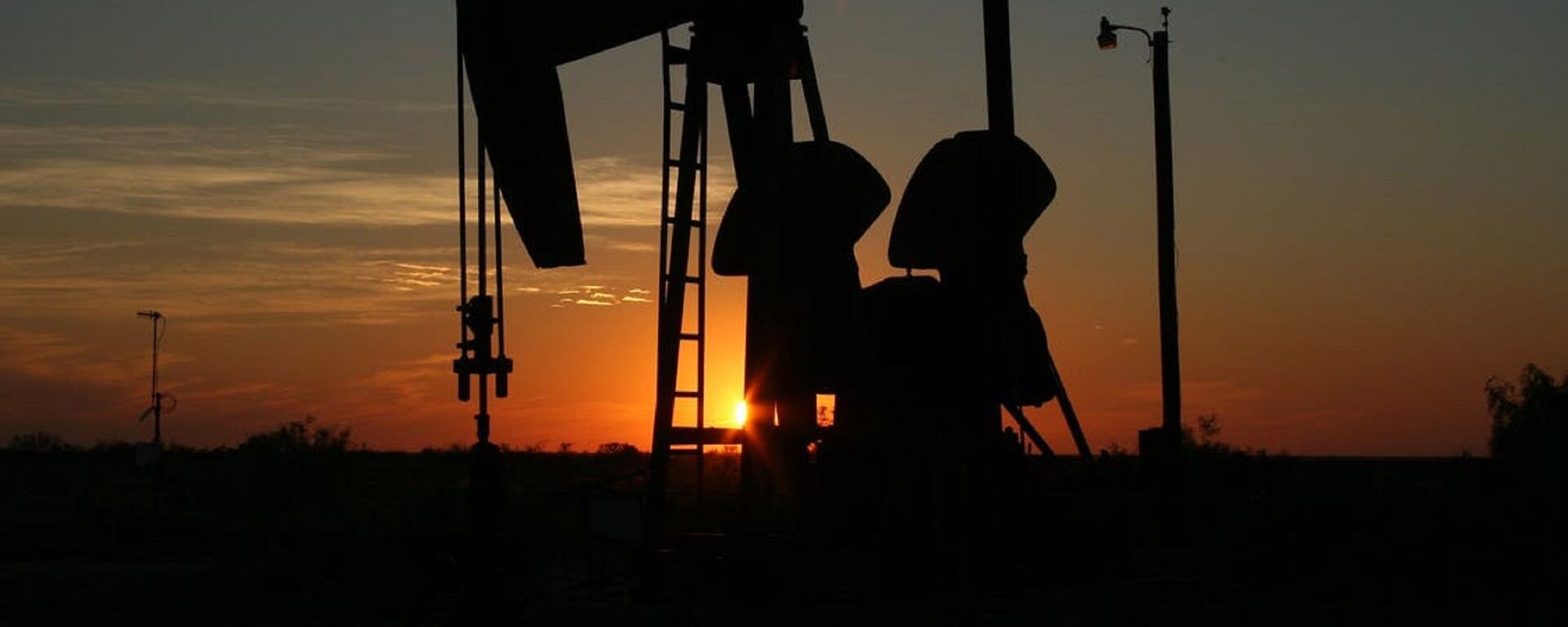Australia's Energy Minister Defends Cap on Country's Coal & Gas Prices Amid Energy Crisis

© AP Photo / Mark Baker
Subscribe
To tackle surging energy prices, the government of Australian Prime Minister Anthony Albanese announced that $1.5 billion-worth of federal cash would be allocated towards reducing household and small business energy bills from April 2023. Furthermore, the price of domestically-produced coal and gas would be capped for 12 months.
Energy Minister Chris Bowen has pushed back at criticism of the Australian government’s plan to tackle surging energy costs by capping gas and coal prices and offering power bill rebates.
Objections raised by the Australian Petroleum Production and Exploration Association were not “convincing in the slightest,” said Bowen in a media interview, adding:
“This argument really goes to say we believed we need profits as high as we can get during a war, during a global energy crisis for our industry to be viable. Nobody is going to believe that because it’s just not true...This is Australian gas on Australian soil, and Australians should pay a fair price but they shouldn’t be paying a wartime price.”
The minister was referencing Russia's ongoing special military operation in Ukraine, which the US, Britain, the European Union and their allies responded to by slapping Moscow with sweeping sanctions.
The fallout from the self-harming restrictions exacerbated various issues on already-volatile global energy markets and disrupted supply chains around the world. As a result, the world saw record-high fuel prices and a wave of inflation that prompted many countries to resort to contingency plans amid a fully-fledged energy crisis.
To deal with the situation, the government of Australian Prime Minister Anthony Albanese announced on December 9 that it had reached an agreement with state and territory leaders to introduce a four-pronged new plan. It involved:
Introducing a price ceiling on gas at $12 a gigajoule.
Capping costs of domestically-produced coal at $125 a tonne for 12 months.
Compensation for some coal-powered generators.
Offering a federal $1.5 billion rebate to slash power bills.
The package to reduce household and small business energy bills from April next year will not come as cash payments but rather in the form of bill subsidies, in a mechanism details of which are yet to be determined.
PM Albanese has insisted cash payments would only fuel the inflation further.
Price controls on coal for domestic customers will be imposed by coal-producing states such as New South Wales and Queensland. However, the gas price cap is what needs to be legislated by the federal government, and that is why parliament is being recalled on Thursday.
Energy Minister Chris Bowen has argued that many business would be facing bankruptcy without the measures, telling media:
"There were businesses and industries saying very clearly that they would have a lot of difficulty surviving next year, In the face of gas prices, electricity prices being what they were... We've come up with a very, very strong package which deals with both the key inputs to these elevated prices."
Meanwhile the opposition has declared that the government's plan of action would fail. Peter Dutton, opposition and Liberal party leader, said the price caps and rebates will be “catastrophic” for the energy market. Opposition spokesperson for energy, Ted O’Brien, added:
“Our view in opposition is exactly the same as it was when we were in government. We need to keep prices down, the lights on, and investment coming in. The problem here is not a difference in opinion about the need for industries to have cheap energy or households to have cheap energy. The difference in our view is how you go about doing it. The government said they had a plan, that’s already failed. Now they’re coming up with a new plan and I’m telling you it will fail.”


